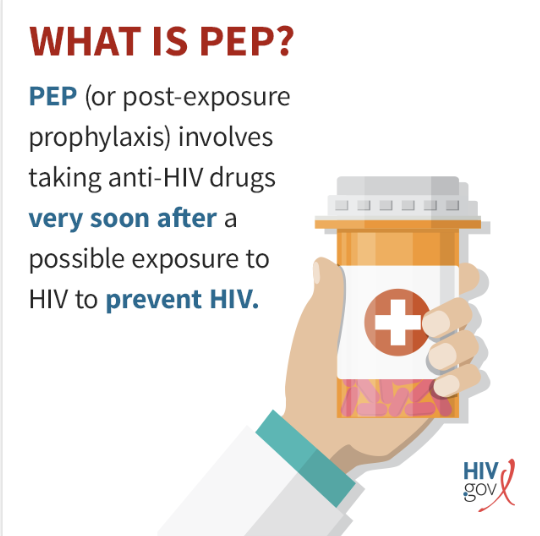In full transparency, the following is a press release from the Massachusetts Attorney General’s office submitted to SOURCE media for publication.
***
[broadstreet zone=”99032″]
BOSTON – Massachusetts Attorney General Andrea Joy Campbell has led a coalition of 22 attorneys general in submitting a letter to the Centers for Disease Control and Prevention (CDC) and National Center for Health Statistics (NCHS) advocating for a new diagnostic code for Pre-exposure Prophylaxis (PrEP) for HIV prevention in the International Classification of Diseases – Tenth Revision (ICD-10), which would reduce coding ambiguity and ensure that patients are not improperly charged copays for preventative services.
Today, March 1 AG Campbell also issued an advisory for Massachusetts consumers with information about the right to PrEP and associated services without any out-of-pocket costs in most instances.
“By creating a diagnostic code specific to PrEP, we would give doctors the ability to more accurately classify PrEP and related services as preventative to ensure patients are billed appropriately,” said AG Campbell. “All patients deserve to know their rights to care and coverage. My office is proud to lead this coalition in hopes of ensuring greater, more affordable access to this critical HIV prevention medication.”
[broadstreet zone=”59983″]
PrEP is a form of antiretroviral therapy used to prevent the transmission of HIV. PrEP is for people without HIV who may be exposed to HIV through sex or injection drug use. The FDA has approved three PrEP drugs—Truvada, Descovy, and Apretude—along with some generics. Since 2020, federal law requires that most health plans cover at least one form of PrEP and all related services (including laboratory testing and appointments) without any cost to the patient.
The AG’s office has received complaints from patients who have been charged copays for covered PrEP-related services in violation of the Affordable Care Act. One Massachusetts patient reported having been billed over eight hundred dollars for laboratory testing that was required for the patient to receive PrEP. Other patients reported smaller bills, but even a co-pay of fifteen dollars has the potential to deter patients with limited resources from seeking care. Multiple patients reported that they tested positive for HIV after stopping PrEP treatment due to lack of affordability.
Establishing a new ICD-10 diagnostic code for PrEP would create clarity for patients and providers. Currently, there is no specific ICD-10 diagnosis code for PrEP. Instead, providers have a range of less specific options available to them. As such, not only are insurers and providers unsure which of the codes is most appropriate for PrEP, the codes do not apply solely to PrEP, making it difficult for providers to indicate that the service is preventative and covered without cost sharing. For example, a patient hoping to receive PrEP might be required to take a pregnancy test prior to prescription. Without an ICD-10 code to indicate the pregnancy test is for PrEP, and therefore preventative, there is no way to ensure the service is billed properly across providers and third-party vendors (such as laboratories), or covered consistently by insurers.
[broadstreet zone=”53803″]
In submitting the letter, AG Campbell is joined by the attorneys general of California, Colorado, Connecticut, Delaware, the District of Columbia, Hawaii, Illinois, Maine, Maryland, Michigan, Minnesota, Nevada, New Jersey, New Mexico, New York, Oregon, Pennsylvania, Rhode Island, Vermont, Washington and Wisconsin.
A copy of the letter can be found here, and the Massachusetts consumer advisory can be found here.
[broadstreet zone=”58610″]

